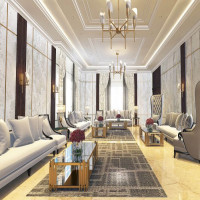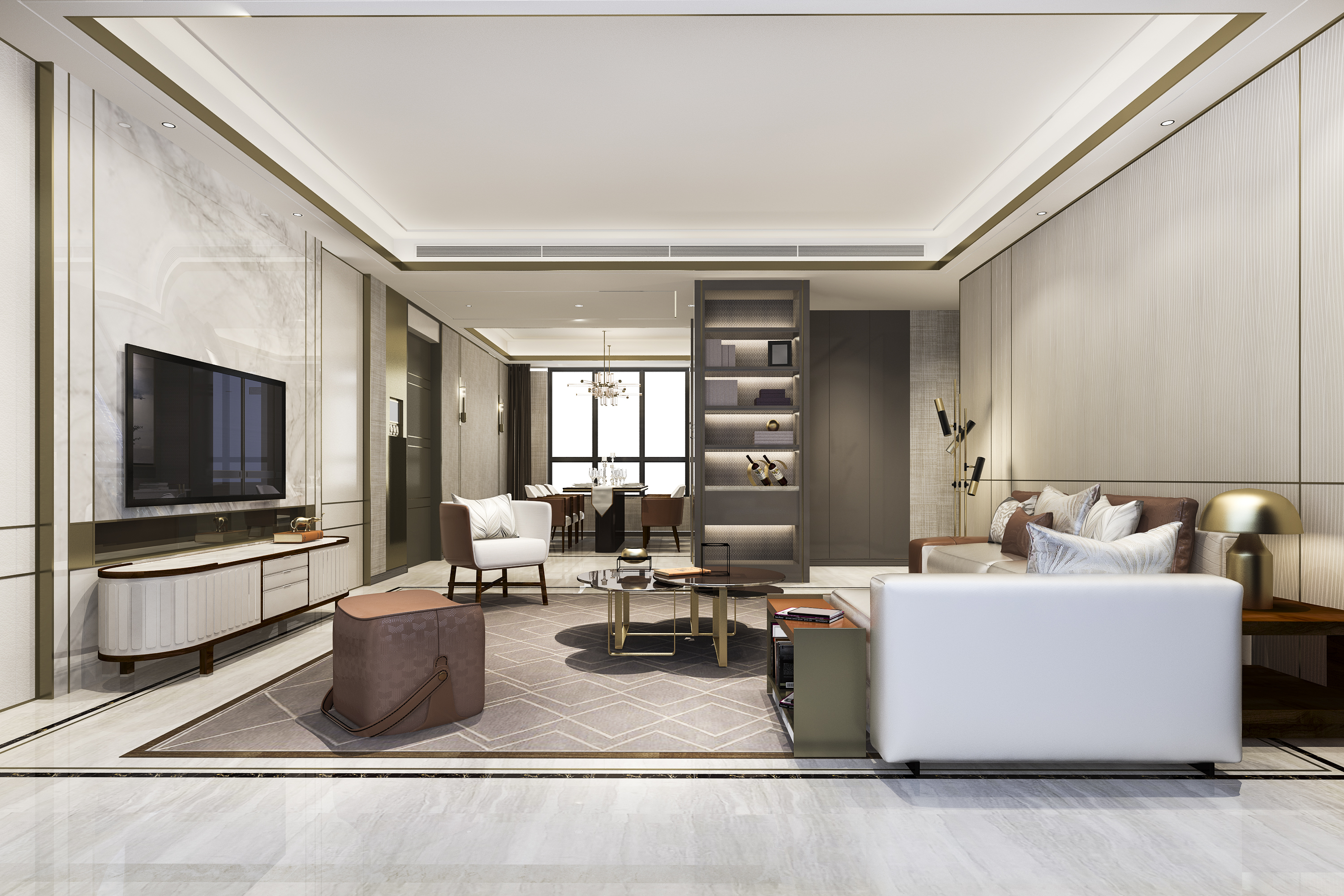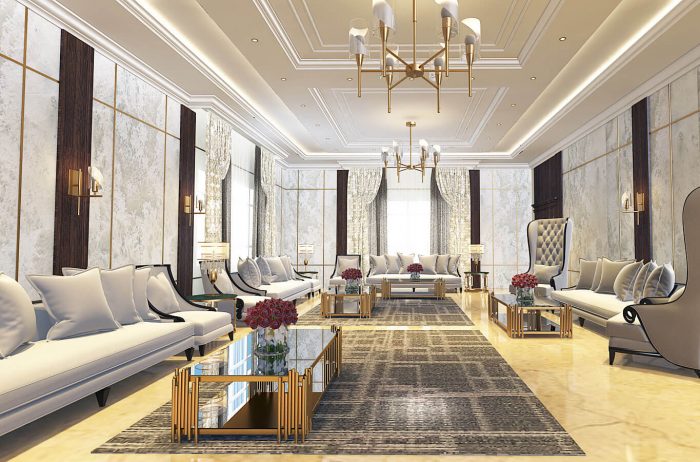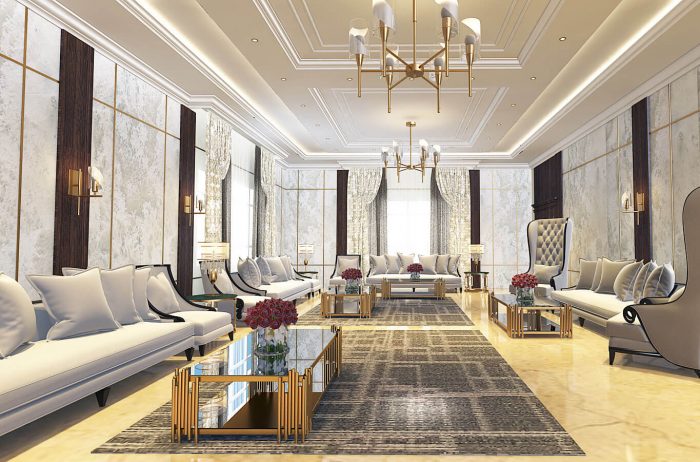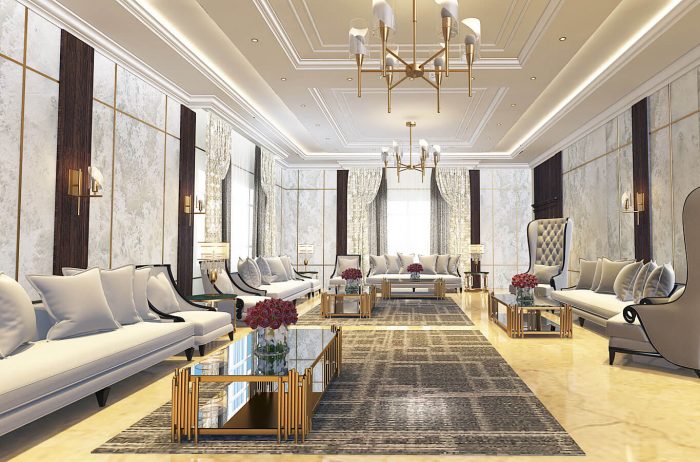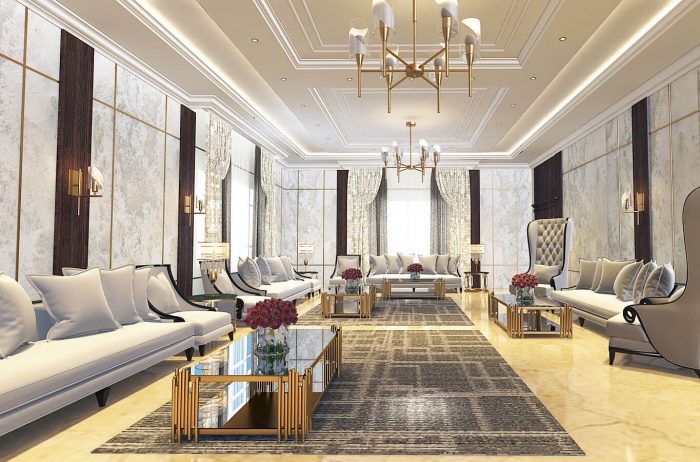5 Cutting-Edge Interior Fit-Out Trends Shaping Qatar’s Commercial Spaces in 2024
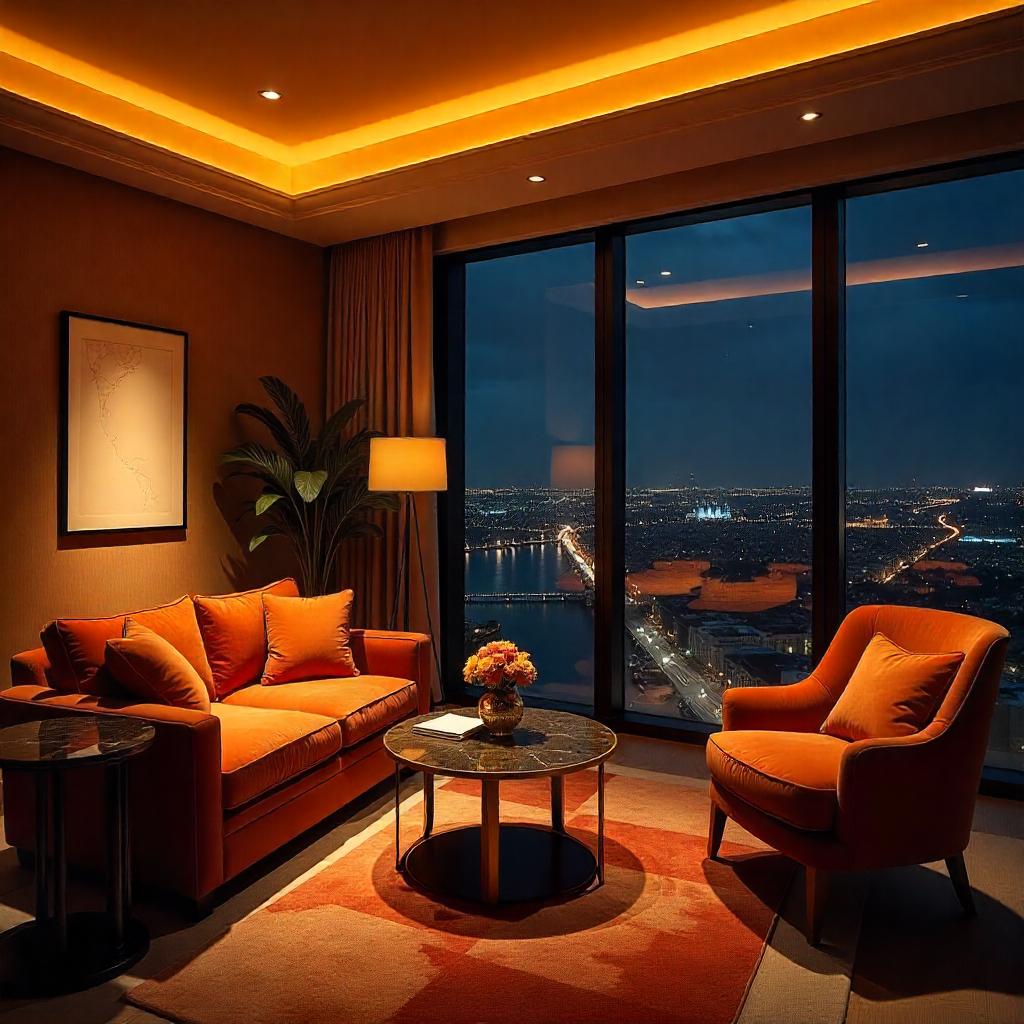
Strong 8k brings an ultra-HD IPTV experience to your living room and your pocket.
In Qatar, the look and feel of commercial spaces have come a long way in just a few short years. What was once mostly about clean walls, functional furniture, and standard office lighting has evolved into something far more expressive and intentional. With 2024 now in full swing, business owners, interior consultants, and fit-out companies in Qatar are taking bold steps to redefine what it means to design a modern workspace — and much of that change is being driven by five very specific trends.
These trends aren’t just about aesthetics; they reflect shifts in culture, work habits, and global design sensibilities, all through the lens of Qatar’s unique commercial landscape.
1. Smart Spaces Built for Hybrid Work Models
As more companies adopt hybrid work setups, offices are transforming to better support flexibility and collaboration. In Qatar, this is especially noticeable in tech parks, new business towers in Lusail, and even renovated government buildings.
Instead of rows of identical desks, you’ll now find modular setups — hot-desking areas, breakout lounges, focus pods, and flexible meeting spaces that adapt throughout the day. The inclusion of smart tools like occupancy sensors, app-based room booking, and integrated AV systems has become standard. Companies aren’t just designing for function anymore — they’re building intelligent environments that respond to employee behavior in real time.
Why it matters:
Qatar’s commercial tenants are increasingly multinational, and many demand international-level work environments. Without future-proofed fit-outs, commercial landlords risk losing relevance.
2. Eco-Conscious Fit-Outs are Becoming the Norm, Not the Exception
Sustainability is no longer a “nice to have” in interior design — it’s expected. The Qatar National Vision 2030 places sustainability at the forefront of the country’s development, and this shows in the commercial fit-out sector.
Fit-out specialists now regularly propose materials like bamboo, recycled steel, low-VOC paints, and solar-reflective glazing. There’s also growing interest in GSAS (Global Sustainability Assessment System)-compliant materials for LEED-equivalent certification in Qatar.
Example:
A growing number of Doha-based coworking spaces now use LED lighting systems with motion sensors, reclaimed wood for flooring, and biophilic installations — not just to look good, but to actively reduce their environmental impact.
3. Cultural Fusion: Honoring Heritage Through Design
Another clear trend is the integration of Qatari cultural elements into commercial interiors — but in a modern, subtle way. Clients are looking for spaces that reflect their roots without appearing dated or overly traditional.
Designers are responding by incorporating local influences such as:
Mashrabiya-inspired partitions in glass or timber
Earthy palettes drawn from desert tones
Islamic geometry patterns used as accent wall features
Even global brands with offices in Qatar are choosing to infuse their spaces with these details to better connect with the local market. It’s a nod to tradition — one that resonates with clients, employees, and guests alike.
4. Experience-Driven Retail and Office Fit-Outs
In 2024, how a space makes you feel is just as important as how it looks.
Retailers, cafés, gyms, and even corporate offices are now being designed with the “experience economy” in mind. Think mood lighting, scent diffusers, touch-friendly textures, and custom music systems — all curated to influence emotions and behavior.
For instance:
A boutique in Msheireb might use warm lighting, traditional textures, and minimalistic layout to encourage exploration and calm.
Offices are including coffee bars, art installations, and casual zones that break the typical corporate mold.
This emotional, sensory approach helps build brand identity and leaves a lasting impression on clients and employees.
5. Faster Turnaround Through Off-Site Construction and Prefab Solutions
Speed and efficiency are more crucial than ever, especially in Qatar’s fast-paced business environment. Developers, tenants, and facility managers are increasingly turning to off-site modular solutions to reduce downtime and cost.
Pre-fabricated walls, MEP (Mechanical, Electrical & Plumbing) modules, and furniture components are assembled off-site and installed with minimal disruption. This trend is particularly strong in commercial fit-outs for banks, healthcare clinics, and quick-service retail.
Benefits:
Feature Traditional Fit-Out Prefab/Modular Approach Timeline 3–5 months 4–8 weeks Disruption to Business High Low Material Waste Significant Controlled
This shift toward industrialized interior construction allows businesses to occupy their spaces sooner while maintaining high-quality design and functionality.
Conclusion
Qatar’s commercial interiors are in the middle of a fascinating transformation. As companies and property developers respond to changing expectations, the focus is no longer just on what looks impressive — but what performs, endures, and speaks to the local context.
Whether it’s building smarter spaces, choosing sustainable materials, or embracing Qatari culture with a modern edge, the trends shaping 2024 aren’t fleeting — they’re the foundation for how business will be done in the years ahead.
If you’re planning a fit-out in Qatar this year, don’t just ask what’s trending. Ask: How will this space adapt, impress, and perform five years from now?
FAQs
Q: Are these trends mostly for luxury offices, or do they apply to smaller businesses too?
These trends are scalable. Many small clinics, salons, and startups in Qatar are embracing modular design and cultural fusion on a smaller budget.
Q: What’s the average fit-out cost per square meter in Doha for a commercial space?
It varies, but in 2024, typical costs range from QAR 1,200 to QAR 2,500 per square meter, depending on materials and complexity.
Q: How do I find a fit-out contractor in Qatar that specializes in sustainable interiors?
Look for GSAS-certified contractors or firms that showcase green projects in their portfolio. Always request references.
Q: Can old commercial buildings adopt these trends?
Absolutely. Many older buildings in central Doha are being retrofitted with smart systems, modular zones, and updated interiors without needing full demolition.
Q: Is smart automation expensive to install in a small office?
Not necessarily. Many smart systems are now plug-and-play and scalable for offices of any size, with long-term energy savings that offset initial costs.
https://www.artisansinteriors.qa/fitout-companies-in-qatar
Note: IndiBlogHub features both user-submitted and editorial content. We do not verify third-party contributions. Read our Disclaimer and Privacy Policyfor details.

